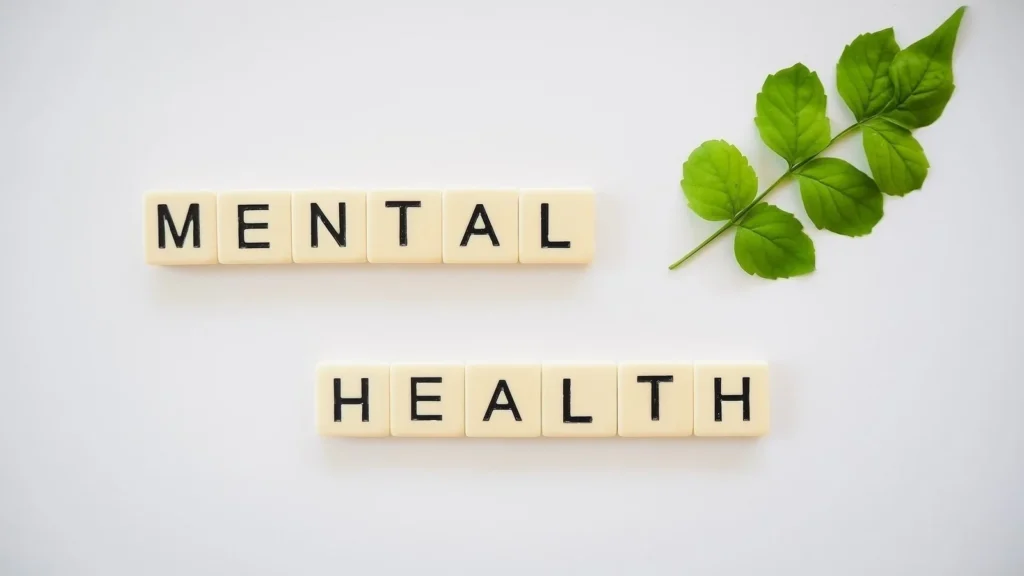Taking a few minutes each morning to focus on your breathing can help you feel calm and clear-headed. Find a quiet spot, close your eyes, and take slow, deep breaths. This helps your body relax and reduces stress. According to Harvard Health, deep breathing lowers stress hormones and makes you feel better. If you’re new to this, apps like Calm and Headspace can guide you.
Taking a few minutes each morning to focus on your breathing can help you feel calm and clear-headed. Find a quiet spot, close your eyes, and take slow, deep breaths. This helps your body relax and reduces stress. According to Harvard Health, deep breathing lowers stress hormones and makes you feel better. If you’re new to this, apps like Calm and Headspace can guide you.
Caring for myself is not self-indulgence, it is self-preservation, and that is an act of political warfare.
Writing down things you’re thankful for can make you feel happier. It helps you focus on the good instead of the bad. Studies show that people who practice gratitude feel more positive and satisfied with life. A study by The Journal of Happiness Studies found that gratitude journaling improves mood and mental health. Try writing down three things you’re grateful for each day.
Sleep is important for your brain and mood. Not getting enough sleep can make you feel anxious and stressed. Experts from the National Sleep Foundation recommend 7-9 hours of sleep per night. To sleep better, keep a regular bedtime, avoid screens before bed, and create a comfortable sleep environment.
4. Eat Healthy Foods
What you eat affects your mood and brain function. Eating fresh fruits, vegetables, whole grains, and lean proteins can improve your mental health. A study in Nutritional Neuroscience shows that unhealthy food can cause mood swings and low energy. Foods rich in omega-3 (like fish and nuts) are great for your brain. You can find more tips on healthy eating from the Academy of Nutrition and Dietetics.
Exercise is one of the best ways to improve your mood. Moving your body releases “happy chemicals” (endorphins) that reduce stress and make you feel good. You don’t need a gym—walking, stretching, dancing, or yoga all help. The American Heart Association says that even small amounts of movement can boost mental health.
Too much screen time can make you feel tired and stressed. Taking breaks from your phone and computer helps clear your mind. Try setting “no-screen” times during meals or before bed. A study by The University of Gothenburg found that too much phone use can cause sleep problems and anxiety. Try reading a book, going for a walk, or spending time with friends instead.
7. Express Yourself Creatively
Doing creative activities like drawing, writing, or playing music can help you relax and feel happier. Research in the American Journal of Public Health shows that creative expression reduces stress and improves mood. You don’t have to be an artist—just find something fun and enjoyable.
Setting personal boundaries is important for your mental health. Saying “yes” to everything can leave you feeling overwhelmed and exhausted. Learning to say “no” helps you manage stress and protect your energy. The Mayo Clinic recommends being clear and respectful when setting boundaries.
Helping others can make you feel good. Acts of kindness, like giving a compliment, helping a friend, or volunteering, boost happiness. A study in the Journal of Positive Psychology found that people who do kind acts feel happier. Even small gestures, like smiling at a stranger or writing a kind note, can make a difference.
Happiness isn’t just about big events—it’s also about appreciating small things. Notice the beauty around you, whether it’s a sunny morning, a nice cup of tea, or a laugh with a friend. Studies from the Greater Good Science Center show that mindfulness and focusing on small joys improve mental well-being.
Self-care doesn’t have to be difficult. Small, simple actions can greatly improve your mental health. Find what works for you and make it part of your daily routine. Taking care of yourself isn’t selfish—it’s necessary for a happy, balanced life.
Which of these self-care habits do you already practice? Try adding one or two new ones this week! 😊




